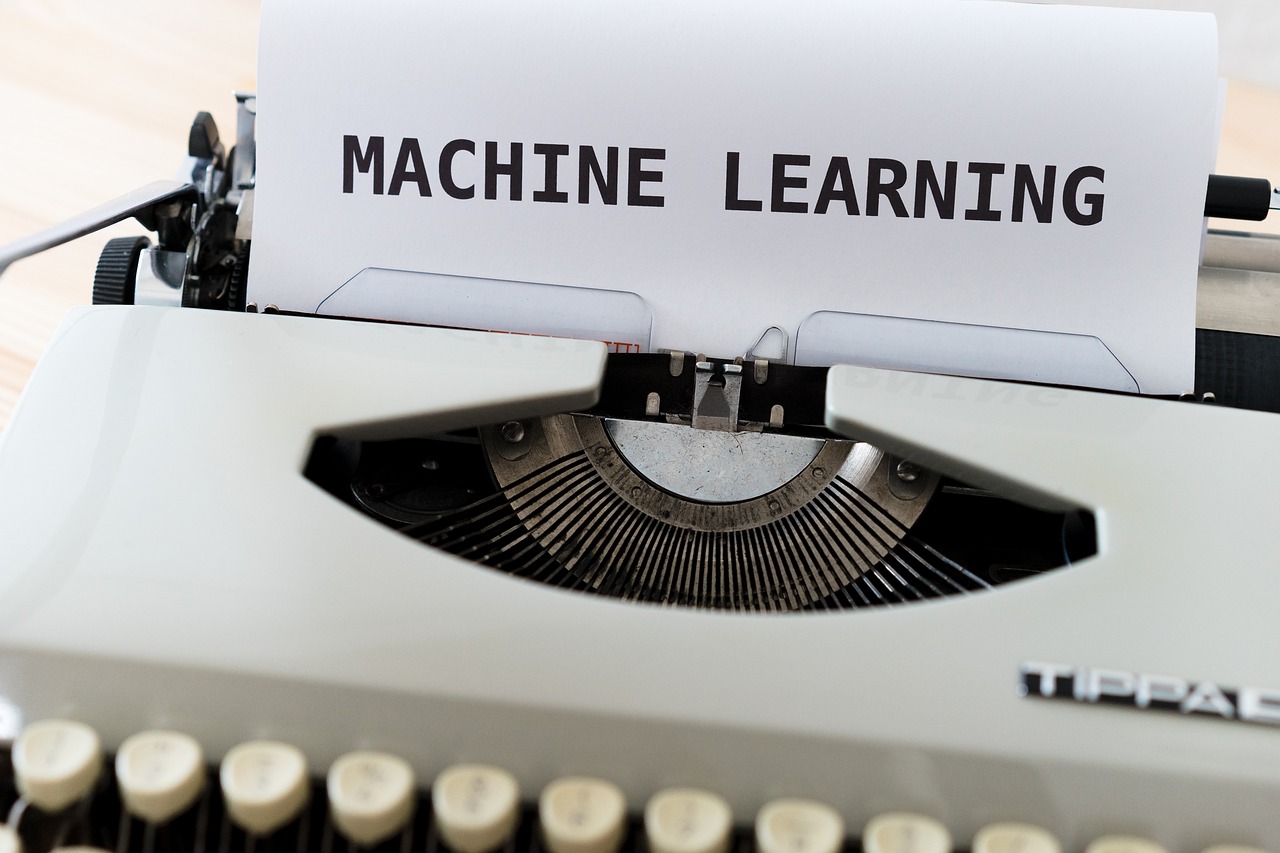The rise of artificial intelligence (AI) is transforming industries and creating unprecedented job opportunities. From developing cutting-edge AI models to implementing AI solutions in real-world scenarios, the demand for skilled AI professionals is soaring. If you’re looking to break into a dynamic and future-proof career, exploring the world of AI jobs might be the perfect path for you. This comprehensive guide will delve into the various AI job roles, the skills required, and how to navigate this exciting field.
Understanding the AI Job Landscape
The AI job market is diverse, encompassing roles that require a range of technical expertise and creative problem-solving abilities. Understanding the different roles available is crucial for targeting your career aspirations.
AI Research Scientist
- Role: Conducts fundamental research to advance the state of the art in AI. This involves developing new algorithms, models, and techniques for machine learning, natural language processing, and computer vision.
- Skills: Strong foundation in mathematics (linear algebra, calculus, statistics), programming skills (Python, R, TensorFlow, PyTorch), deep understanding of machine learning algorithms, research experience, and excellent communication skills.
- Example: Developing a new deep learning architecture for image recognition that surpasses existing models in accuracy and efficiency.
- Actionable Takeaway: Focus on publishing research papers and contributing to open-source AI projects to showcase your skills.
Machine Learning Engineer
- Role: Builds, trains, and deploys machine learning models into real-world applications. This role bridges the gap between research and implementation, requiring both technical expertise and practical problem-solving skills.
- Skills: Proficiency in programming languages (Python, Java), experience with machine learning frameworks (TensorFlow, PyTorch, Scikit-learn), data engineering skills (data cleaning, feature engineering), cloud computing experience (AWS, Azure, GCP), and model deployment experience.
- Example: Building a recommendation system for an e-commerce website that personalizes product suggestions based on user behavior.
- Actionable Takeaway: Gain experience by contributing to open-source machine learning projects or building your own personal projects.
Data Scientist
- Role: Analyzes large datasets to extract insights and identify trends that can be used to inform business decisions. Data scientists use statistical methods, machine learning algorithms, and data visualization techniques to solve complex problems.
- Skills: Strong statistical knowledge, proficiency in programming languages (Python, R), experience with data visualization tools (Tableau, Power BI), data mining and data warehousing knowledge, and excellent communication skills.
- Example: Analyzing customer data to identify patterns of churn and develop strategies to retain customers.
- Actionable Takeaway: Develop strong data storytelling skills to effectively communicate your findings to non-technical stakeholders.
AI Engineer
- Role: Focuses on implementing and deploying AI systems within a company’s infrastructure. This often involves integrating AI models into existing software applications and hardware systems. AI Engineers ensure the smooth operation and scalability of AI solutions.
- Skills: Strong programming skills (Python, C++, Java), experience with cloud computing platforms (AWS, Azure, GCP), knowledge of DevOps practices, understanding of software engineering principles, and experience with AI model deployment tools.
- Example: Deploying a natural language processing (NLP) model to automate customer support inquiries through a chatbot.
- Actionable Takeaway: Master DevOps tools and cloud computing platforms to streamline AI system deployment and maintenance.
Essential Skills for AI Jobs
Success in the AI field requires a combination of technical skills, soft skills, and domain expertise. Here are some essential skills to cultivate:
Technical Skills
- Programming Languages: Python, R, Java, C++ are commonly used in AI development.
- Machine Learning Frameworks: TensorFlow, PyTorch, Scikit-learn are essential for building and training AI models.
- Data Engineering: Skills in data cleaning, feature engineering, and data warehousing are crucial for preparing data for AI applications.
- Cloud Computing: Experience with AWS, Azure, or GCP is increasingly important for deploying and scaling AI solutions.
- Statistical Analysis: A strong foundation in statistics is necessary for understanding and interpreting data.
Soft Skills
- Problem-Solving: The ability to analyze complex problems and develop creative solutions.
- Communication: Effectively communicating technical concepts to both technical and non-technical audiences.
- Collaboration: Working effectively in teams to achieve common goals.
- Critical Thinking: Evaluating information and making informed decisions.
- Adaptability: Keeping up with the rapidly evolving field of AI.
Domain Expertise
- Understanding the specific industry or application area where AI is being applied (e.g., healthcare, finance, manufacturing).
- Having knowledge of the relevant business processes and challenges in that domain.
- Being able to translate business needs into technical requirements for AI solutions.
Finding AI Job Opportunities
The demand for AI professionals is high, but finding the right job requires a strategic approach.
Online Job Boards
- Indeed: A comprehensive job board with a wide range of AI positions.
- LinkedIn: A professional networking platform where companies often post AI job openings.
- Glassdoor: Provides company reviews and salary information, along with job listings.
- AI-Specific Job Boards: Many niche job boards focus specifically on AI and machine learning roles.
Networking
- Attend AI conferences and meetups: Network with other professionals in the field and learn about new job opportunities.
- Connect with AI professionals on LinkedIn: Build relationships and learn about potential career paths.
- Attend industry events: Stay up-to-date on the latest trends and network with potential employers.
Internships and Projects
- Seek internships in AI-related fields: Gain practical experience and make connections with potential employers.
- Work on personal AI projects: Showcase your skills and build your portfolio.
- Contribute to open-source AI projects: Collaborate with other developers and gain valuable experience.
Preparing for AI Job Interviews
Landing an AI job often requires navigating a challenging interview process.
Technical Interviews
- Expect questions on machine learning algorithms, data structures, and algorithms.
- Be prepared to solve coding problems on a whiteboard or in a coding environment.
- Practice explaining complex technical concepts in a clear and concise manner.
Behavioral Interviews
- Be prepared to discuss your past experiences and how they relate to the job requirements.
- Highlight your problem-solving skills, communication skills, and teamwork abilities.
- Research the company and understand their values and culture.
Portfolio Showcase
- Prepare a portfolio of your AI projects to showcase your skills and experience.
- Highlight the impact of your projects and the challenges you overcame.
- Be prepared to discuss your projects in detail and answer technical questions.
Conclusion
The field of AI offers a wealth of exciting and rewarding career opportunities. By understanding the different job roles, developing the necessary skills, and strategically navigating the job market, you can position yourself for success in this rapidly growing field. Embrace continuous learning, stay updated with the latest advancements, and cultivate your passion for AI to unlock your full potential in this transformative industry.




